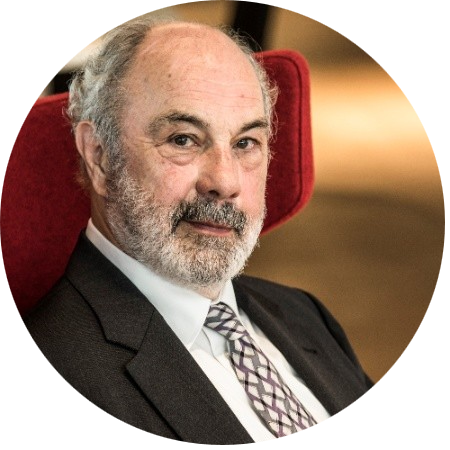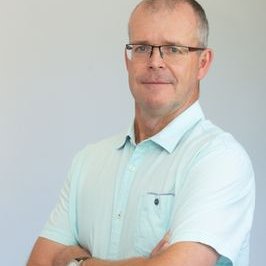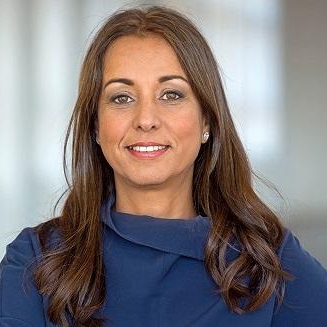European Works Council at Solvay concludes a ‘Global Framework Agreement on Digital Transformation’
 Frank Pot
Frank Pot
Senior Research Fellow, TNO
Technology agreements did not really get off the ground in the Netherlands, not even in the early 1980s during the previous period when the effects of technology were much discussed (Christis et al, 1985). However, there is now an impressive example at Solvay that could be replicated elsewhere in Europe. The company makes soda ash as a raw material for glass, peroxide (to whiten and/or disinfect things), fragrances and flavours, and advanced materials for the automotive and aerospace industries. It employs some 24,500 people in 61 countries, with its head office in Brussels.
The European Works Council (EWC) has taken the initiative to conclude a global agreement with management on how to deal with digitisation. This was achieved over a period of ten months during 2019, and was signed in April 2020.
The chairman of the Dutch Works Council, Marco Roumen and a policy officer of the Dutch Trade Union Federation FNV, Fredy Peltzer, also member of the European Economic and Social Committee (EESC), played an important role in concluding the agreement, together with the Solvay Global Forum (SGF), comprising employee representatives from different parts of the world.

Marco Roumen

Ilham Kadri

Albert Kruft
The ‘Global Framework Agreement on Digital Transformation’ has been signed by the CEO of the Solvay Group Ilham Kadri on one side and the European Works Council on the other, represented by Albert Kruft, also on behalf of the Solvay Global Forum. Kruft is a member of a German trade union.
IndustriALL Global Union supports the agreement and is involved in monitoring as well as in the escalation procedure for any local disagreements.
The agreement includes provisions on employee involvement in significant projects, training and competence development, collection and protection of personal data, procedures if people become redundant, and monitoring the implementation of the agreement.
For all significant projects, a ‘technology assessment’ must be carried out in the preparatory phase, indicating what the consequences may be for, amongst other things, health and safety, the amount of work, job content and work organisation, quality of work, employment, collection of personal data, and the impact on people with disabilities. The technology assessment should be discussed with workers’ representatives before decisions are made on the implementation of a new technology.
The Dutch Works Council and the EWC realise that a lot of effort will be needed to put the agreement into practice. In Europe, they expect cooperation from managers, but globally this is quite new both for many managers and employee representatives. In order to be stronger, they are trying to recruit more trade unions members to the works councils.
Contact person
Marco Roumen
Solvay Chemie B.V., Herten, the Netherlands
Assistant Production Manager
Chairman of the Dutch National Works Council
Member of the EWC Select Committee and SGF
Christis, J., Van Klaveren, M., & Pot, F.D. (1985). Technologie-overeenkomsten vergeleken (Technology Agreements Compared): Onderhandelingen over technologie en arbeidsorganisatie in Engeland, West-Duitsland, Zweden en Nederland. Tijdschrift voor Arbeidsvraagstukken, 1(4), 63-75.
Share This Story!

European Workplace Innovation Network (EUWIN)
EUWIN was established by the European Commission in 2013 and is now entirely supported by contributions from an international network of partners co-ordinated by HIVA (University of Leuven). EUWIN also functions as a network partner for the H2020 Beyond4.0 project.
Contact: Workplace Innovation Europe CLG (contact@workplaceinnovation.eu).